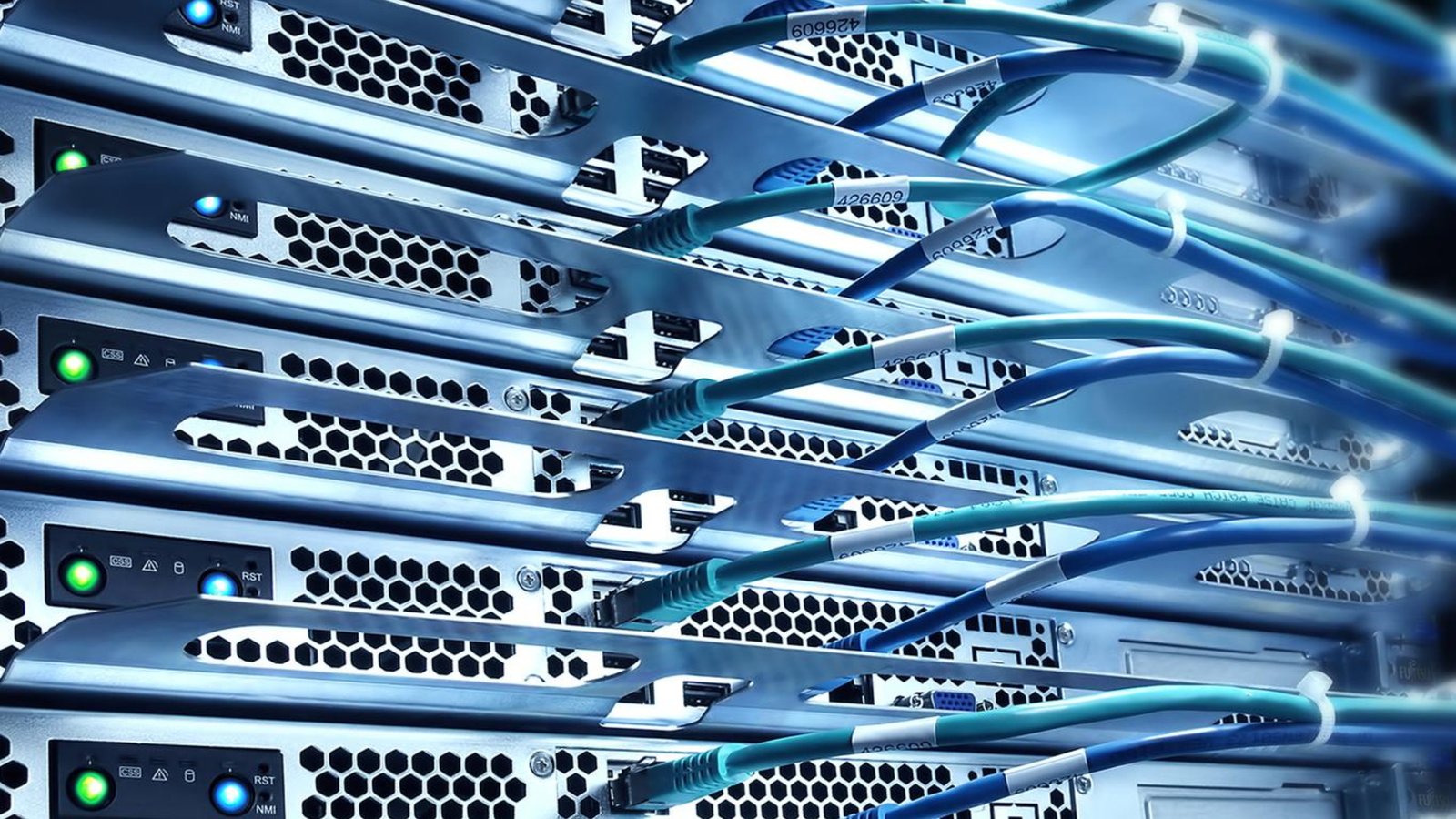In today’s hyper-connected business landscape, seamless and reliable internet access is no longer a luxury—it’s a necessity. Enterprise broadband solutions provide businesses with the high-speed, scalable, and secure connectivity required to support operations, enhance productivity, and drive growth.
Whether you’re a mid-sized company or a large corporation, choosing the right broadband solution can make all the difference in efficiency, customer satisfaction, and overall competitiveness. In this article, we’ll explore what enterprise broadband is, its key benefits, different types available, and how to select the best option for your business.
What Are Enterprise Broadband Solutions?
Enterprise broadband refers to high-performance internet services specifically designed for businesses rather than residential users. Unlike standard consumer broadband, enterprise-grade solutions offer:
- Higher bandwidth to support multiple users and data-heavy applications
- Greater reliability with Service Level Agreements (SLAs) ensuring uptime
- Enhanced security with advanced firewalls, encryption, and threat detection
- Scalability to grow with your business needs
- Dedicated support with faster response times
These solutions are ideal for businesses that rely on cloud computing, VoIP, video conferencing, large file transfers, and other bandwidth-intensive operations.
Key Benefits of Enterprise Broadband for Businesses
1. Unmatched Speed & Performance
Slow internet can cripple productivity. Enterprise broadband provides symmetrical speeds (equal upload and download rates), reducing latency and ensuring smooth operations for real-time applications like Zoom, Microsoft Teams, and cloud-based ERP systems.
2. Reliability with Guaranteed Uptime
Downtime costs businesses millions annually. Enterprise broadband providers offer 99.9% uptime guarantees backed by SLAs, minimizing disruptions and keeping your business running seamlessly.
3. Advanced Security Features
Cybersecurity threats are rising, and businesses are prime targets. Enterprise broadband includes built-in security measures such as:
- DDoS protection
- Encrypted connections
- Managed firewall services
- 24/7 network monitoring
4. Scalability for Future Growth
As your business expands, so do your connectivity needs. Enterprise broadband allows easy upgrades without service interruptions, ensuring you’re never held back by inadequate bandwidth.
5. Priority Customer Support
When issues arise, waiting hours (or days) for resolution isn’t an option. Enterprise broadband comes with dedicated business support, often with 24/7 access to technical experts.
Types of Enterprise Broadband Solutions
Not all broadband is created equal. Here are the most common types of enterprise-grade connectivity:
1. Fiber-Optic Broadband
- Best for: Large enterprises, data centers, and businesses needing ultra-fast speeds
- Pros: Blazing-fast speeds (up to 10 Gbps), low latency, high reliability
- Cons: Limited availability in some areas, higher cost
2. Dedicated Leased Lines
- Best for: Businesses requiring guaranteed bandwidth and security
- Pros: Exclusive connection (no shared bandwidth), symmetrical speeds, high security
- Cons: Expensive compared to shared connections
3. Ethernet over Copper (EoC)
- Best for: Small to mid-sized businesses needing affordable high-speed internet
- Pros: Faster than traditional DSL, cost-effective
- Cons: Slower than fiber, distance-dependent performance
4. Fixed Wireless Broadband
- Best for: Rural businesses or those in areas with limited wired infrastructure
- Pros: Quick deployment, no need for physical cables
- Cons: Weather-dependent, potential latency issues
5. SD-WAN Enabled Broadband
- Best for: Businesses with multiple locations needing optimized traffic routing
- Pros: Enhances performance, reduces costs, improves redundancy
- Cons: Requires additional hardware/software
How to Choose the Right Enterprise Broadband Solution
Selecting the best broadband for your business depends on several factors:
1. Assess Your Bandwidth Needs
- How many employees are online simultaneously?
- Do you use cloud apps, VoIP, or video streaming?
- Will you need more bandwidth in the next 2-3 years?
2. Consider Reliability & Redundancy
- Does the provider offer SLAs with uptime guarantees?
- Is there a backup connection option (e.g., dual broadband lines)?
3. Evaluate Security Requirements
- Does the solution include advanced security features?
- Is there 24/7 monitoring for threats?
4. Compare Costs & ROI
- Higher-tier solutions (like fiber) cost more but deliver better performance.
- Downtime can be far more expensive than premium broadband.
5. Check Provider Reputation & Support
- Read reviews and case studies.
- Ensure they offer dedicated business support.
Final Thoughts: Future-Proof Your Business with the Right Broadband
Enterprise broadband solutions are the backbone of modern business operations. Investing in the right connectivity ensures smoother workflows, better security, and a competitive edge.
Before making a decision, consult with a managed services provider to assess your needs and recommend the best-fit solution. The right broadband today can set your business up for success tomorrow.
